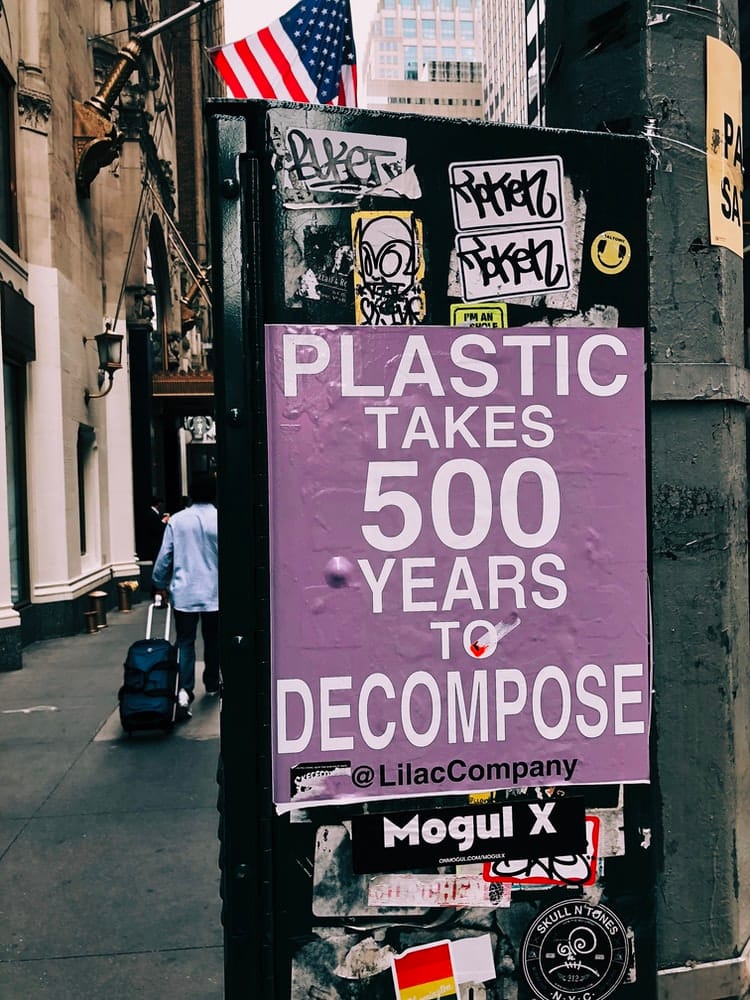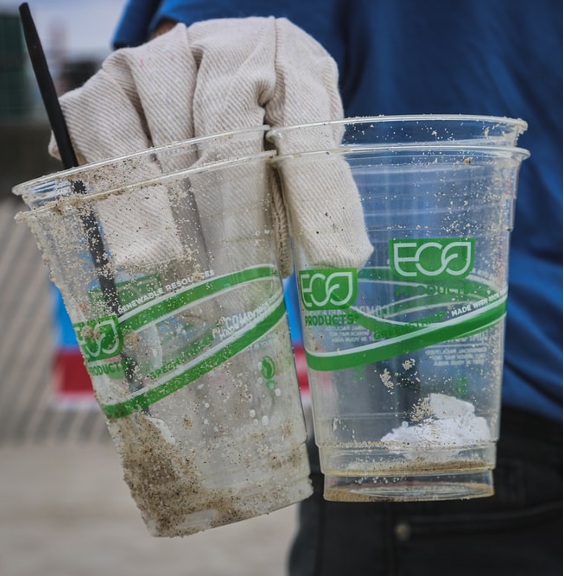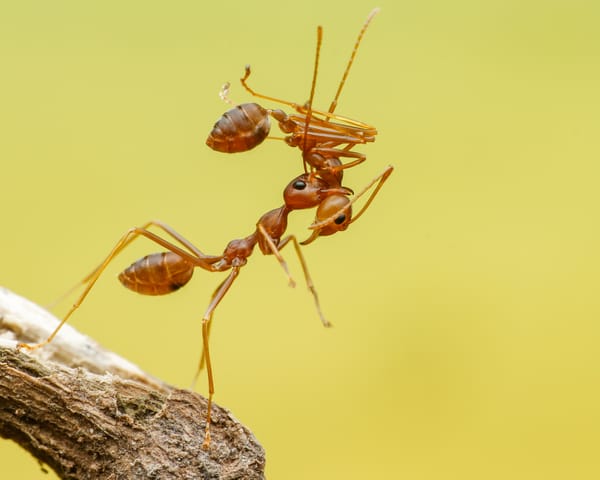Innovation to Meet the Plastics Pact Targets
Sustainability Editor Monami Miyamoto writes about how the UK's Research and Innovation funding agency has taken strides to put money into new plastic packaging design ideas and also highlight the work of a London-based company already producing innovative plastic formulations.

The UK Plastics Pact describes itself as ‘the world’s first programme to tackle the issue of plastic waste through collaboration across the entire supply chain’. It sets targets to reach by 2025 to ensure that:
· All plastics packaging to be reusable, recyclable or compostable.
· 70% plastic to be recycled or composed on the same day.
· All plastic containing 30% recycled material.
· Removal of all unnecessary single-use packaging.
The United Kingdom Research and Innovation (UKRI) has recently taken large strides towards meeting these goals. They organized the Smart Sustainable Plastic Packaging Challenge which includes two competitions: one for large scale commercial innovations and another for business-led R&D. The UKRI will commit to a total of £24 million split between the two. They are interested in reducing plastic/film packaging, and ways to encourage better consumer behaviour, whether in their purchase choices or recycling habits.
Of the 8.3 billion metric tonnes of annual global plastics produced, a mere 9% get fully recycled
Many businesses have been tackling the issue of plastic waste, including Polymateria based in the Imperial College White City Campus. Polymateria’s website claim that they produce ‘fully and safely biodegradable fugitive plastics leaving no microplastics – the only technology with evidence verified by new international standards’. With the combined efforts of leading scientists in the field, they have created revolutionary proprietary plastic formulations that have undergone rigorous testing to ensure optimal functioning. They retain all functionalities of regular standard plastics during the product service life and can be recycled under existing facilities. When they becomes fugitive plastics, the materials start weathering - the physical properties (crystalline and amorphus region) undergo a chemical transformation, and become bioavailable wax which is not harmful to the environment.
Acute and chronic eco-toxicity tests have also been conducted under various potential conditions to ensure environmental safety. Additionally, the wax material can be mineralized by natural bacteria and fungi in the environment, under mesophilic/ambient conditions. So far, this material has been used in toilet paper bags, shrink wraps, produce bags, confectionery wrappers, detergent bottles and drinking straws.
Solutions to deal with fugitive plastics are critical as barely any of the plastic we throw out for ‘recycling’ gets recycled.
An article by the National Geographic last year claimed that of the 8.3 billion metric tonnes of annual global plastics produced, a mere 9% get fully recycled. The remainder accumulates in landfills or ends up in the natural environment. Given that plastics take up to 400 years to degrade, only 12% of all plastics that have existed since the 1950s have been fully incinerated. There is an urgent need to find solutions for the amounting plastic waste in our planet – whether through government-led initiatives, business innovations, or individual consumer choices.










